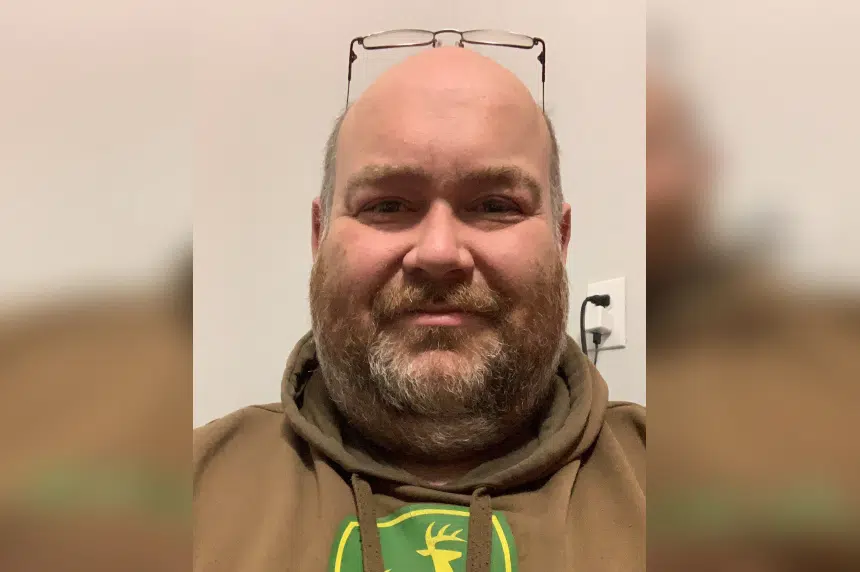Hundreds of Saskatchewan residents are going to be waiting even longer to receive needed and much-delayed treatments and surgeries.
Steven Turnquist is one of those people, but it doesn’t look like he’ll be getting back to work or on the golf course anytime soon.
Turnquist has been waiting for 14 months for his surgery already. He says he has processed the “anger and frustration and come to a place that’s probably more hopeless of when my hip is going to be replaced.”
“I don’t know when it’s ever going to happen and I don’t expect my life to get a whole lot better. It’s hard to see any kind of good,” he said.
On Tuesday, during a COVID-19 technical briefing, Saskatchewan Health Authority CEO Scott Livingstone said it could be up to a year and a half before surgical backlogs caused by COVID are caught up.
At only 43, Turnquist says hip replacements run in his family, but no one has waited this long to receive their surgery. The longest he has heard of is a year.
“The pain of the hip and the mental health all comes together and it’s just overwhelming and unbearable,” he said.
Every day, Turnquist is in pain. From the moment he gets up, every action is difficult and uncomfortable at best. He uses various medications to help control the pain, though he draws the line at opioids, which he says terrify him.
“I’ve told my family members that if I have to go on opiates at home, then I have to go to the funeral home first and pick out a coffin,” he explained. “You end up living on medications.”
Even though Turnquist knows he’s going to be waiting even longer to have his procedure, he says he’s looking forward to being able to move again without pain, and spend time outside having fun with family.
“(I’m eager) to put my foot on the floor and plant it while driving a football through my shoulder and driving it into my nephew’s chest on the field,” he said with emotion in his voice.
“Even just playing with the kids — my nephews, football — I had to do it sitting on the tractor this year. I couldn’t just walk around in the yard.”
Turnquist’s surgery is considered elective or non-essential, but he says it’s much more serious because of his poor quality of life.
“My hip pain and how it’s affecting me, it is a life-threatening illness because there are times where life gets to be not worth living,” he reflected. “You get suicidal thoughts. You start to consider, ‘What the hell is the purpose?’ ”
And Turnquist isn’t just thinking of himself. He said he was No. 115 on the surgical waitlist for his doctor 14 months ago. At that time, there were 200 names on the list.
“I’m not the only person. There’s many of us that really need these surgeries. Many,” he explained. “Our quality of life is mediocre at best.”







